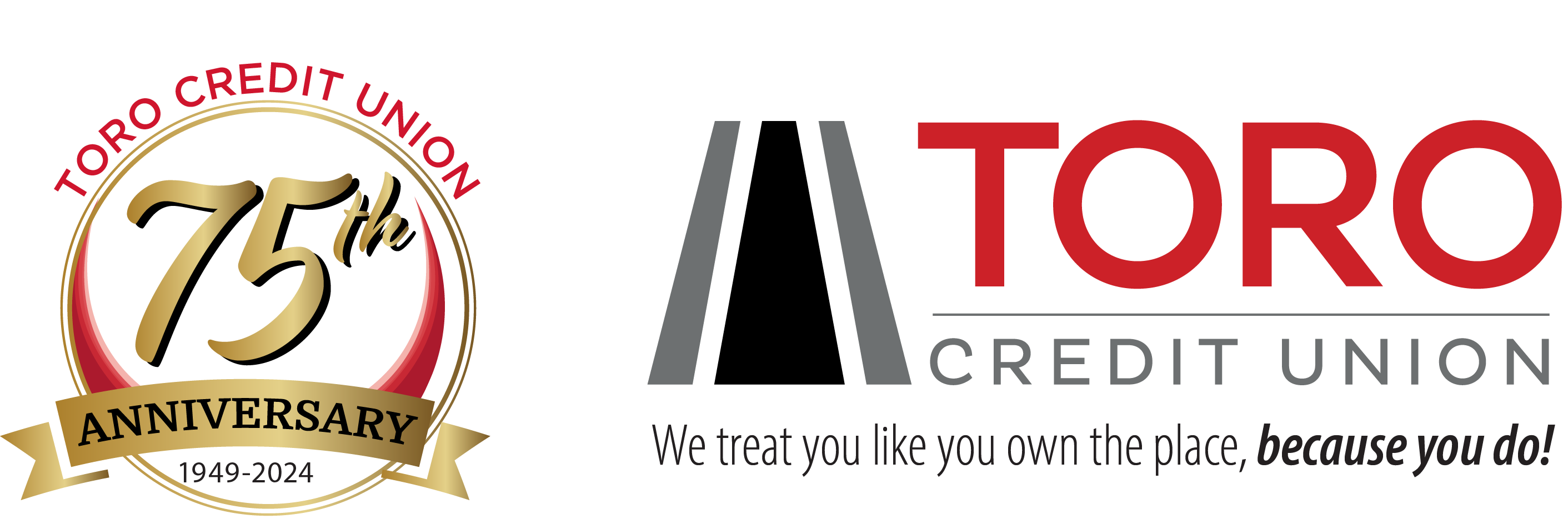How to avoid debt relief scams
Are you looking for ways to pay off credit card debt? Offers to help you cut down or wipe out your debt might sound like a perfect solution, but dishonest debt relief companies will take your money and do little or nothing to help. So how do you get real help and skip the scammers?
If you’re having trouble keeping up with payments, it can help to make a budget. Use this worksheet to help you figure out where your money goes and if there are ways to cut your spending. If you’re already behind on your bills, don’t wait. Call your creditors and explain your situation before a debt collector gets involved. Try to work out a payment plan with lower, more manageable payments.
Learn to spot scammy debt relief companies that make all kinds of promises to get your money upfront:
- Never pay anyone who tries to collect fees from you before they do anything to help you deal with your debt. That’s illegal.
- Don’t share your financial or personal information with someone who calls unexpectedly, offering to help you settle your debts. That’s probably a scammer.
- Don’t do business with anyone who guarantees you results from a “new government program” for a fee, or tries to enroll you without first reviewing your financial situation.
Who can help? You could work with credit counseling program to help you manage your money and debt. Look for these services at credit unions, universities, military personal financial managers, and U.S. Cooperative Extension Service branches. Many of these organizations offer services with low fees, but make sure you ask how much they’ll charge you.
Learn more at ftc.gov/debt. Suspect a debt relief scam? Tell the FTC at ReportFraud.ftc.gov.



